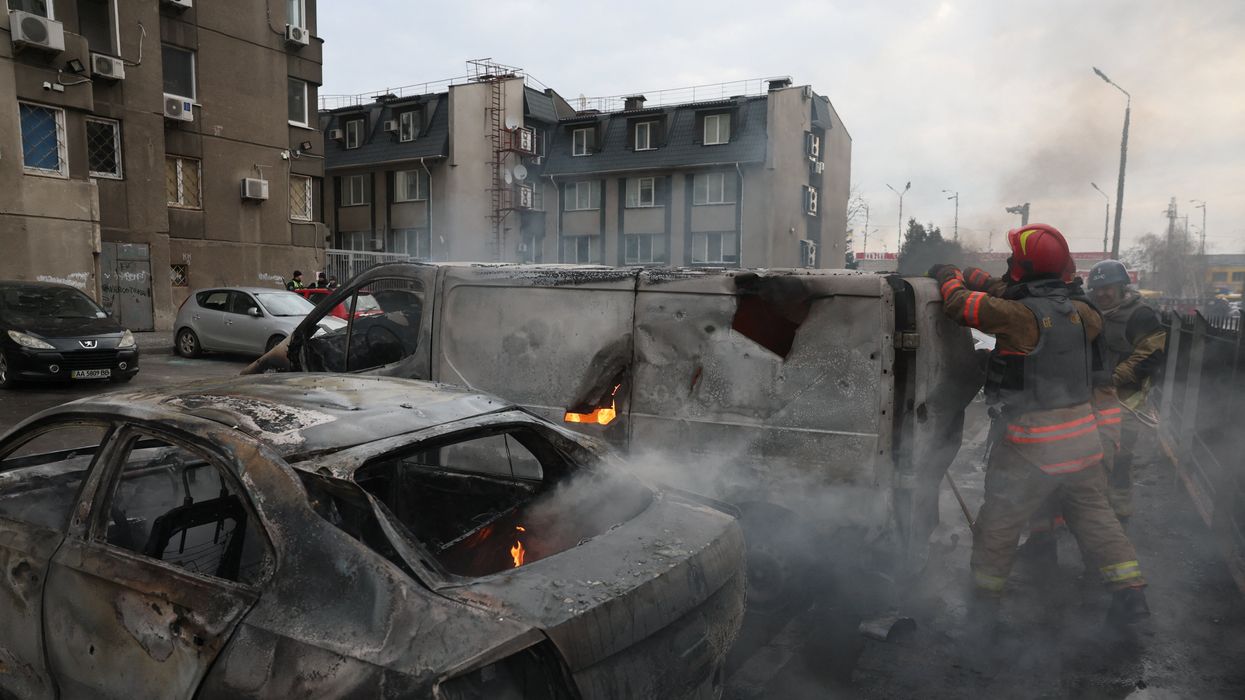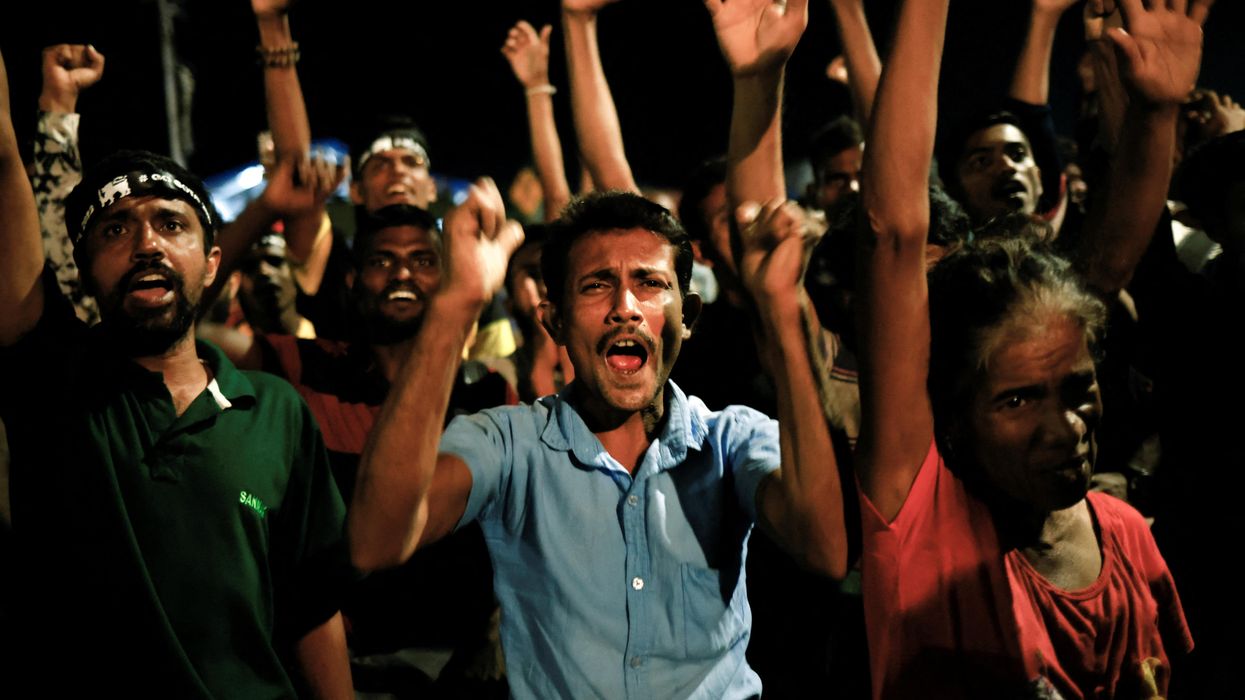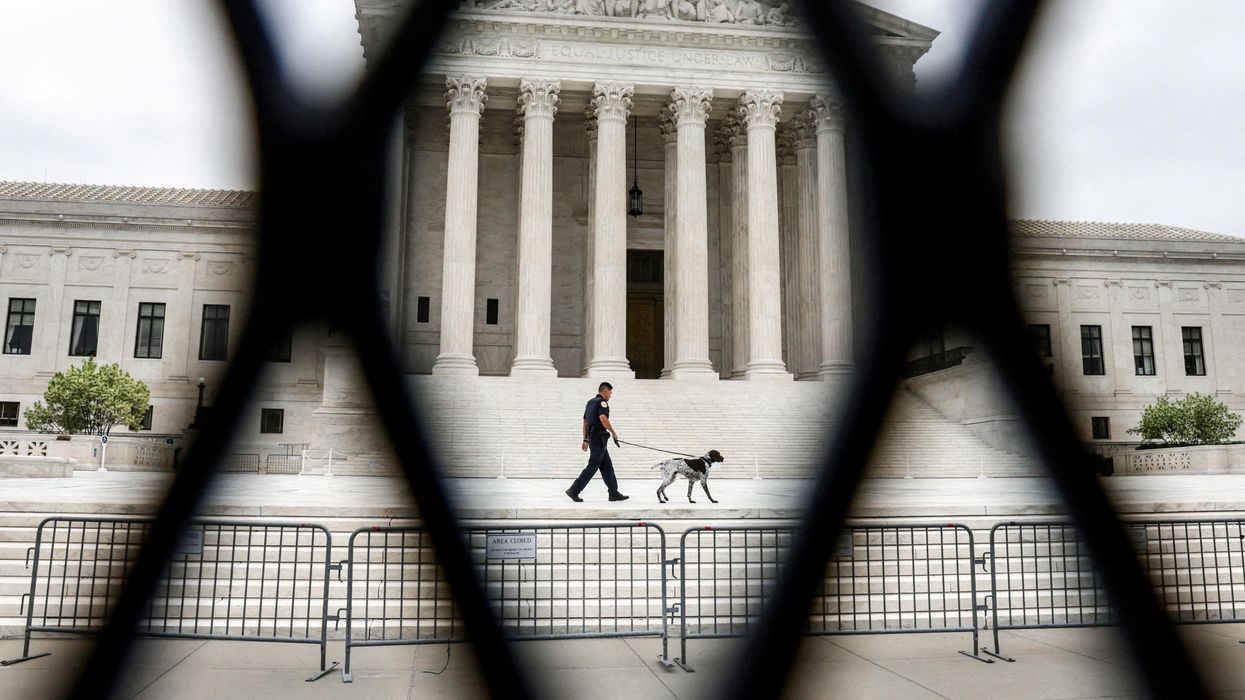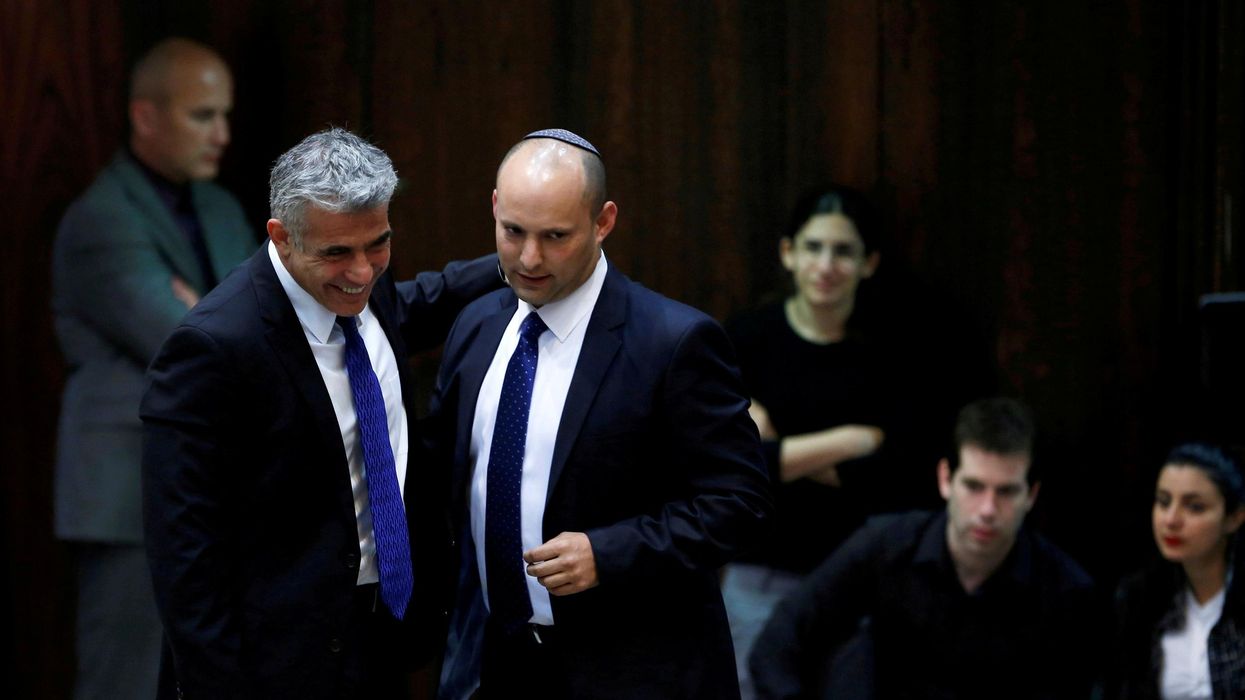News
Netanyahu’s climbdown
After civil unrest swept Israel for the past 24 hours, PM Benjamin “Bibi” Netanyahu announced Monday night that he would suspend the divisive judicial overhaul that, among other things, would allow the government to almost exclusively select judges.
Mar 27, 2023







